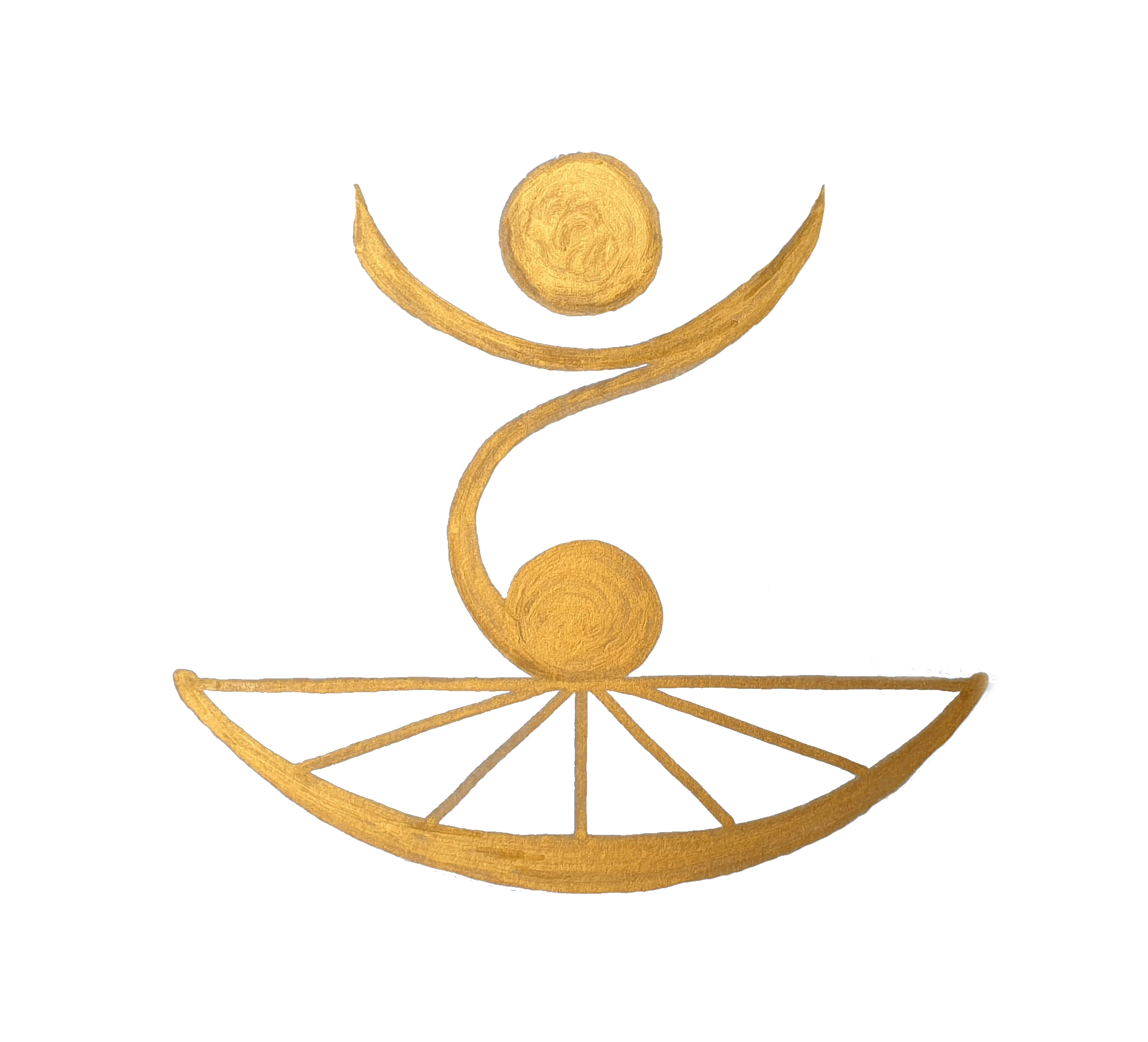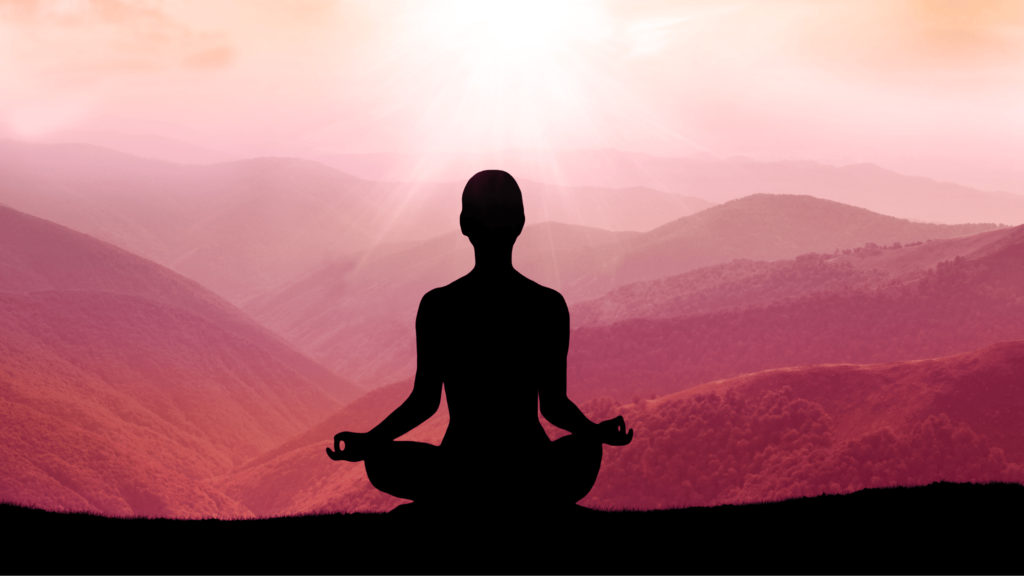THE HABIT OF ABSTRACTION
The “habit of abstraction” refers to our automatic and mechanical tendency to take raw experience and change it into words and then to believe the words as The Truth, as Reality. It’s a habit because we do it over and over, usually without awareness. And like all habits, it’s not so easy to break.
The habit of abstraction seems inextricably tied to us because we are language users. Our language, among other things, allows us to separate out parts of the world, naming them, and helping us manage them. On an immediate level the habit of abstraction makes our lives easier and more efficient, allowing us to travel down familiar, well-worn pathways. Just think how difficult life would be if we had to stop and really pay close attention to every bush and tree and house each time we drove down a familiar street.

But more to the point, what about when someone criticizes us for something? It’s not long—perhaps a microsecond—before we’ve taken that initial stab of pain to the heart or gut and covered it over with our own words, that is abstracted it, whether we’ve thought them internally or spoken them externally. In an almost automatic response to the hurt, we may find ourselves denying, justifying, arguing, or withdrawing, all under the mechanically conditioned protection of our words. So much so that the words themselves seem to be the true reality. And then our words can quickly take us even further down the track of abstraction: we might make an irrevocable decision about that person or, even more sadly, about anyone who even reminds us of that person. So that when we meet someone reminiscent of the offender, we’re already seeing them through a screen, a filter of our own conditioned thoughts and attitudes, our abstractions. How can there be a real meeting then? Soon we’re living entirely in our heads, even though the initial experience of hurt was purely wordless and visceral, surfaced in the moment, and like everything else in the universe, stayed a while, and sooner or later left.
In other words, our experience of anything is always in the moment, here and now, in fact, constitutes the moment. But we color that moment to our own detriment with all sorts of extras that really don’t serve us, don’t contribute to our wakefulness, shut down the vitality of our living, and hem us in with attitudes and inflexible beliefs. Where’s the freedom in that?
From a practice perspective, it’s important to see how automatic and unconscious this abstracting is, how pervasive, how much like water to a fish. And how as practitioners it’s important for us to be vigilant about it. How do we do that? Be vigilant? Many ways, but all come down to being aware of what’s being thought and felt in any given moment. Being more and more aware of the thoughts as just thoughts, i.e., conditioned responses of the little self to keep itself always front and center. And the ongoing practice is to be aware of it all and return again and again to the raw experience of this moment. Al Zolynas



